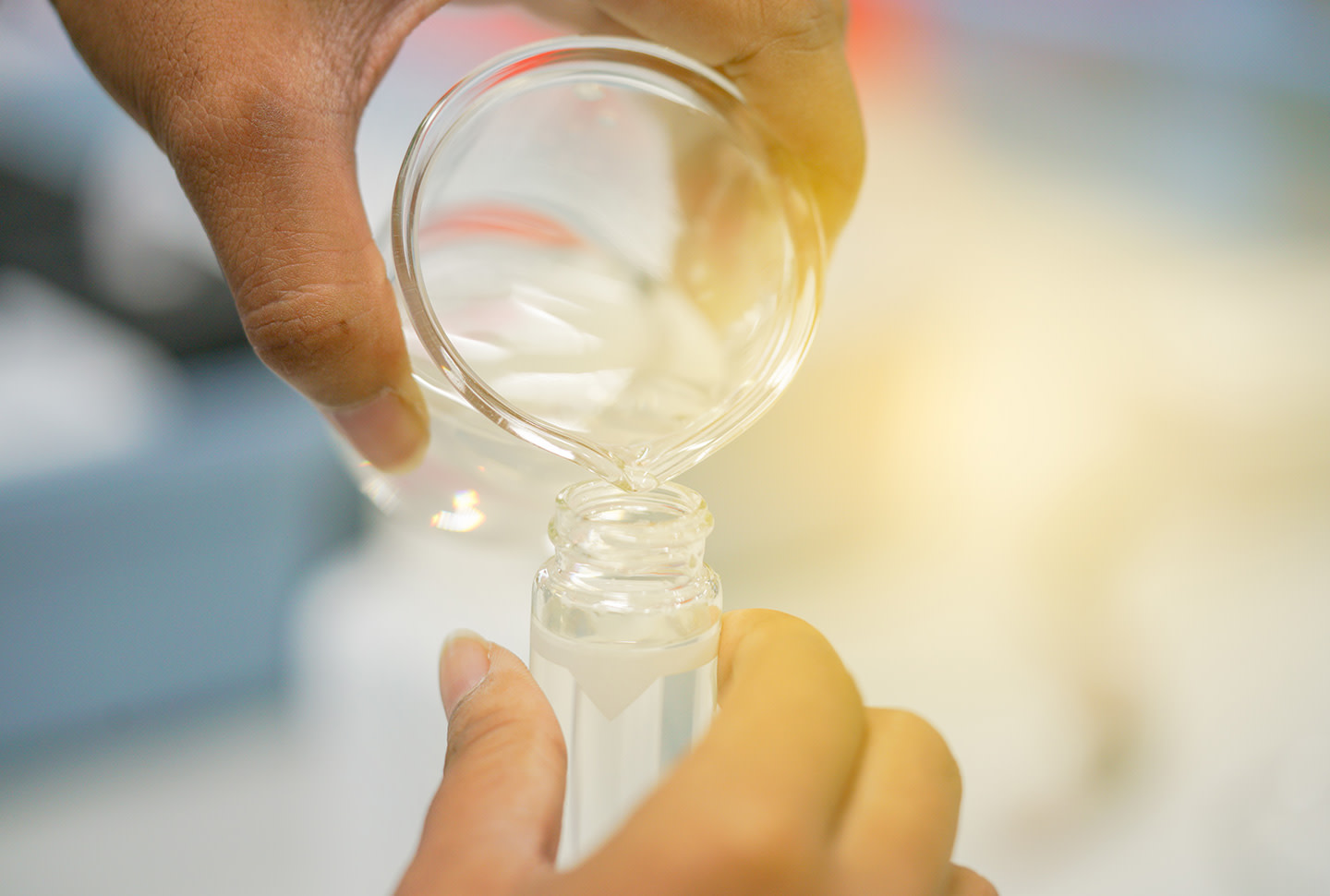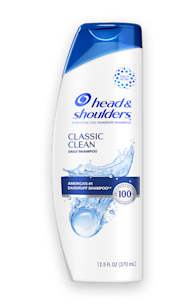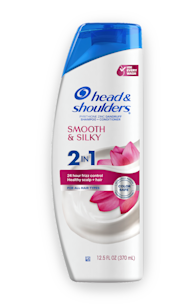HEAD & SHOULDERS SHAMPOO INGREDIENTS: WHAT’S IN THE BOTTLE?

We believe that everyone who uses our products should be able to easily find out exactly what goes into them.
When creating our shampoos and conditioners, we have two main priorities: to ensure that they are safe and enjoyable for everyone to use, and equally to make sure they get rid of your dandruff and scalp worries.
Click on any shampoo type below to find a detailed list of the ingredients we use and why we use them.
Ingredients FAQ
Q: Are Methylisothiazolinone and/or Methylchloroisothiazolinone safe to use?
Yes, where used Methylisothiazolinone (MI or MIT) and Methylchloroisothiazolinone (MCI or MCIT) are used at effective levels to help preserve the product and in compliance with the leading peer review safety guidance for rinse-off products, like shampoos and conditioners.
Q: Do your products contain Parabens? If so, are they safe to use?
We do not use Parabens in Head & Shoulders products.
Q: Are Sodium Laureth Sulphate and Sodium Lauryl Sulphate safe to use?
Yes, these ingredients help clean the hair. They are widely used in personal care products and are safe for regular use when included at typical concentrations, like in H&S. There are also several sulfate-free options for people who look to avoid sulfates. In this case, Head & Shoulders BARE would be a sulfate-free option.
Q: Can Methylisothiazolinone and/or Methylchloroisothiazolinone cause allergies?
Isothiazolinones can cause reactions in some people with skin allergies when used in leave-on products that stay in contact with the skin for extended periods of time, like skin moisturizing creams.
We only use isothiazolinones in some rinse-off products, and in those cases, usage is in-line with established safe use guidelines.
Q: Should I stop using products that contain Methylisothiazolinone and/or Methylchloroisothiazolinone if I have sensitive skin or a previous allergic reaction?
If you have a diagnosed allergy to Methylisothiazolinone and/or Methylchloroisothiazolinone, we suggest you consult your dermatologist for any further advice.
Q: Does Head & Shoulders test products on animals?
We believe that eliminating animal testing is the right thing to do. We do not test our products on animals. In fact, animal testing on cosmetics is banned in Europe.
Q: Some companies claim to not test products or ingredients on animals. If they can, why can’t you?
In fact, we have not tested a finished product on animals in over a decade, but we choose not to make this claim because we want to be straight with you. Nearly every ingredient used in consumer products today has been tested in the past and some laws require animal testing still today. That’s why we’re putting so much effort behind developing non-animal alternatives, and working with global authorities for their acceptance as the most meaningful solution to ultimately eliminate research involving animals.
Q: Do you use External Business Partners to conduct animal testing for your products?
Eliminating animal testing is the right thing to do, and we do not ask Business Partners to test our products on our behalf.
Q: Do you test products in China?
In China, regulatory authorities do animal tests at their own discretion without any involvement of the manufacturer. These tests are scientifically unnecessary. That’s why we have been closely collaborating with international experts and Chinese authorities on the acceptance of safety assessments using non-animal tests. As a result of all of these efforts, Chinese authorities recently announced the acceptance of non-animal alternative safety assessments for a broad variety of products. We will continue to work with authorities on the acceptance of non-animal alternatives, in China and globally.




